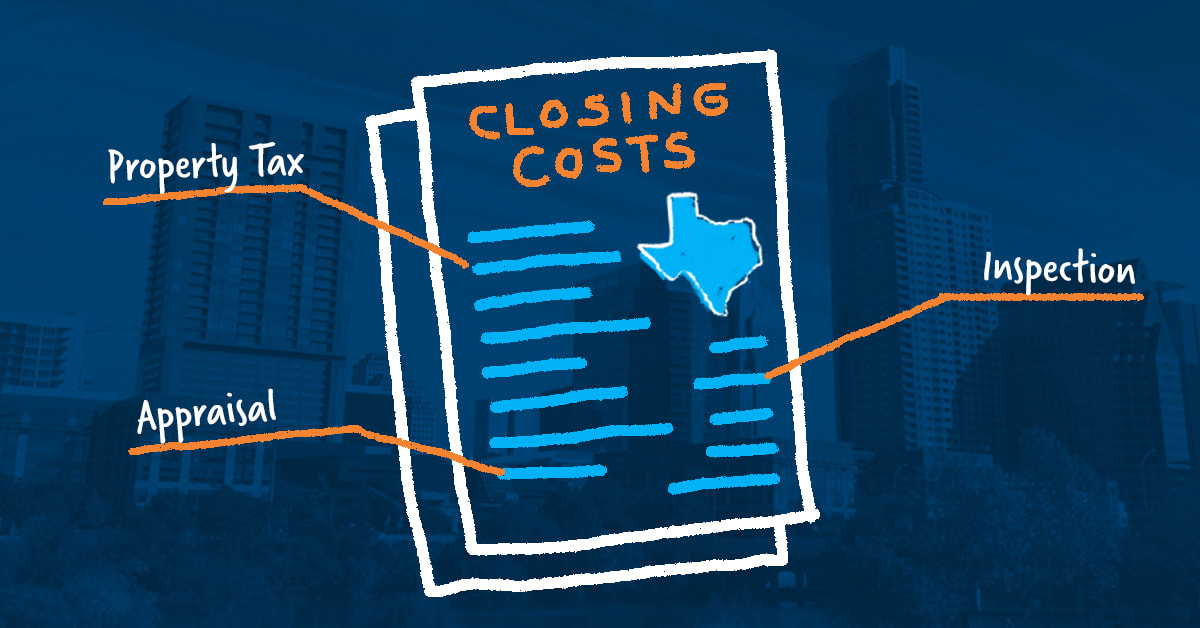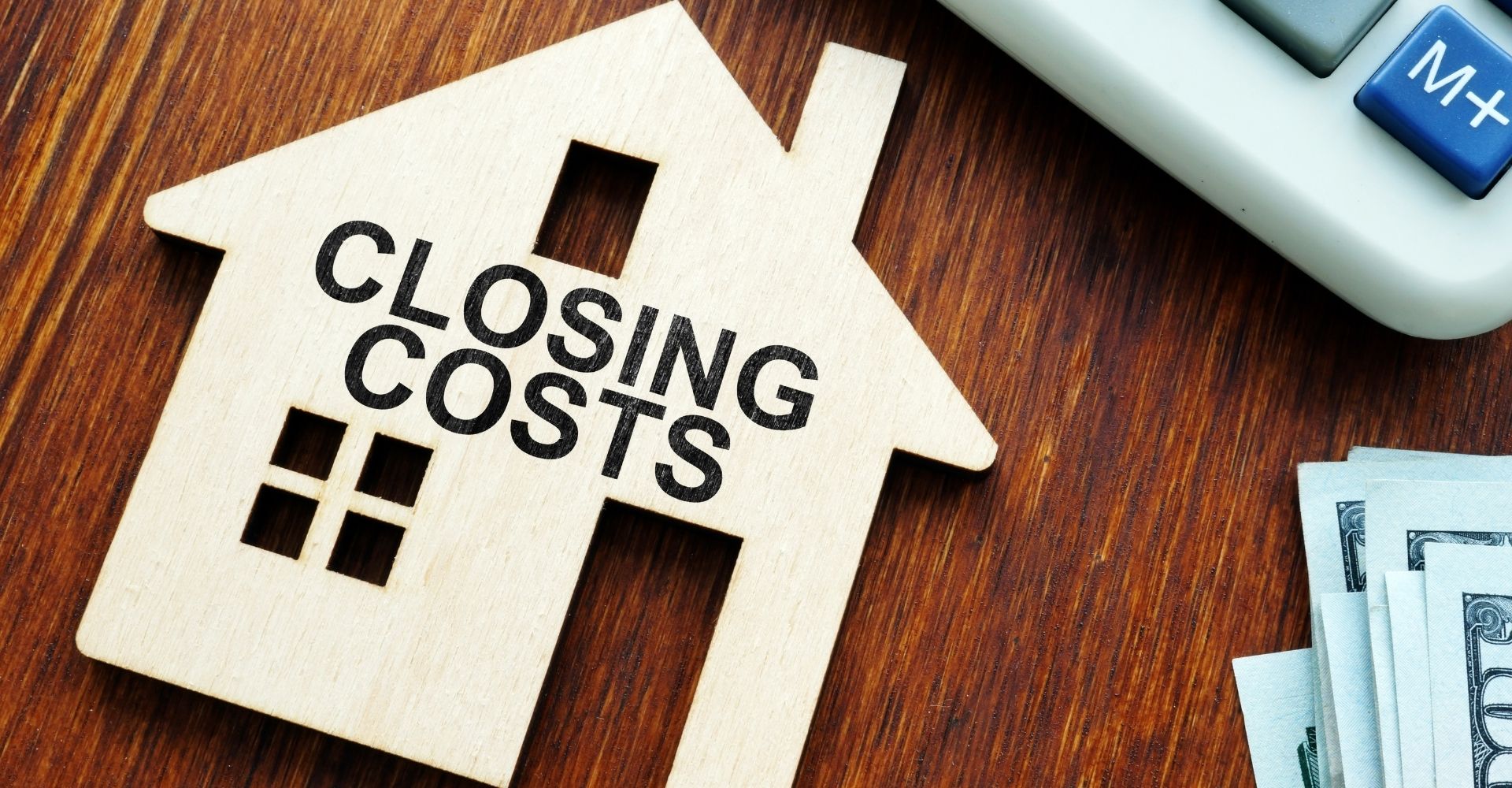How Much Are Closing Costs In Texas?

How Much Are Closing Costs In Texas? The cost of buying a house in Texas is fairly high. This is because of several factors. First, you must pay the seller a selling commission and the escrow company (the person handling the money). Second, closing costs include the appraisal fee, title search fees, title insurance fees, transfer taxes, mortgage insurance fees, and recording fees.
Many people assume that closing costs for a Texas property will be high because of the state’s high cost of living. However, closing costs in Texas are lower than in other states.
The reason is simple. Fewer fees in Texas are charged when a home is sold.
Whether you’re buying or selling a home in Texas, many expenses accompany the deal. These closing costs include the lender’s mortgage insurance, title insurance, settlement fees, and appraisal fees.
When buying a home in Texas, you need to know the closing costs. We all know the numbers when purchasing a car or a house, but how much does it cost to close a real estate deal cost? Let’s find out!
This blog post will break down the most common closing costs in Texas and give you a general idea of how much each costs.

Establishing a closing cost rate
So, what exactly are these closing costs that real estate investors should know about before they purchase a property in Texas?
1. Loan Fees
2. Title Insurance Fees
3. Property Tax Fees
4. Brokerage Fee
5. Settlement Fee
6. Attorney Fees
7. Recording Fees
What is a good closing cost rate?
It would help if you were prepared to pay the following in addition to your mortgage or lease payments to close on a home in Texas:
* $3,000 for homebuyers (unless they are purchasing a property with a first lien)
* $1,500 for sellers who have a second lien
* $3,000 for lenders if they have a third lien
* $750 for landlords who have a fourth lien
* $500 for real estate agents who have a fifth lien
Closing costs can vary depending on the state and the type of lender involved. Be sure to check with your lender regarding the exact amount of closing costs and how they are calculated. Also, ensure you know what your lender can and cannot waive.

What are closing costs?
The actual cost depends on which part of Texas you live in. A typical home purchase would be around $15K. The average down payment is about $10K, and closing costs can range from $1K to $6K.
For example, if you rent $3,000 a month for your office space and have an average of $100 per month in expenses, you can deduct $120 per month from your taxes.
Here is a breakdown of the typical costs involved in closing a house in Texas:
• Real Estate Commission: The amount the seller pays the agent varies depending on the location.
• Attorney Fee: The amount paid to the attorney who drafts the contract.
• Appraisal: The amount paid to the appraiser.
• Title Insurance: The cost of insuring the title.
• Flood Insurance: The amount of insurance that protects against flooding.
• Mortgage Insurance: The amount of insurance required by lenders.
You can also deduct the cost of your marketing materials, advertising, and postage.
Most people want to pay less than 2% for a loan, so getting a mortgage with a lower interest rate makes sense.
In most cases, a 20% down payment would be a great amount to put down.
What are the closing costs for a home sale?
Texas closing costs are different than elsewhere. Texas is a right-to-work state, meaning you are not required to pay sales tax. However, you must register for a seller’s permit to sell products and services in the state legally.
The good news is that you don’t need to pay any taxes until you sell at least $20,000.
However, you can keep 20% of your net profits from selling a product or service in your name. This means you can take home up to $4,000 a year without paying taxes.
If you have a home-based business, you can deduct the rent and other expenses you incur from your home office.

Frequently Asked Questions (FAQs)
Q: Is there a closing cost when buying a house?
A: The home’s price, location, and loan type determine the total closing costs.
Q: Does the cost change if you want to finance with an interest rate over prime?
A: Yes. Depending on where you live in Texas and what type of loan you are looking for, it could cost more or less. You can ask the real estate agent for an estimate.
Q: If I buy a home with cash, can I deduct the cost of the down payment?
A: A down payment is considered a tax-deductible expense.
Q: Do I have to pay closing costs to buy a home with cash?
A: No. However, you may have to pay other fees like transfer taxes. You can find out what costs will be charged by the bank.
Q: How much are closing costs in Texas?
A: The closing costs can vary widely if you plan to buy or refinance your home. However, most lenders offer mortgage programs, which usually require no origination fees and allow you to finance closing costs with no prepayment penalties.
Q: Do I need a down payment?
A: Many banks offer loans with no down payment. There are some requirements, however. Your monthly income should be at least $1,500, and you must have a FICO score of 650 or higher.
Q: Can I afford a $100,000 mortgage?
A: While it’s possible to purchase a home without a 20% down payment, most experts agree that the lower the down payment, the more you’ll pay in interest. When considering how much you can afford.
Myths About Texas
1. Closing costs are negotiable.
2. You can decide what to pay and what not to pay for closing costs.
3. Closing costs are just a cost of doing business.
Conclusion
You may also need to pay for moving boxes and storage fees, moving truck rentals, movers, and a new set of furnishings. These items can add up quickly.
Knowing how much you can expect to spend when purchasing a home is important. While there are many factors to consider, these are the biggest ones.
In Texas, there are two ways to buy a home. The first is the “traditional” way, and the second is the “assumption.”
The traditional way of buying a home is where the buyer pays for the house, but the seller is responsible for the closing costs.


